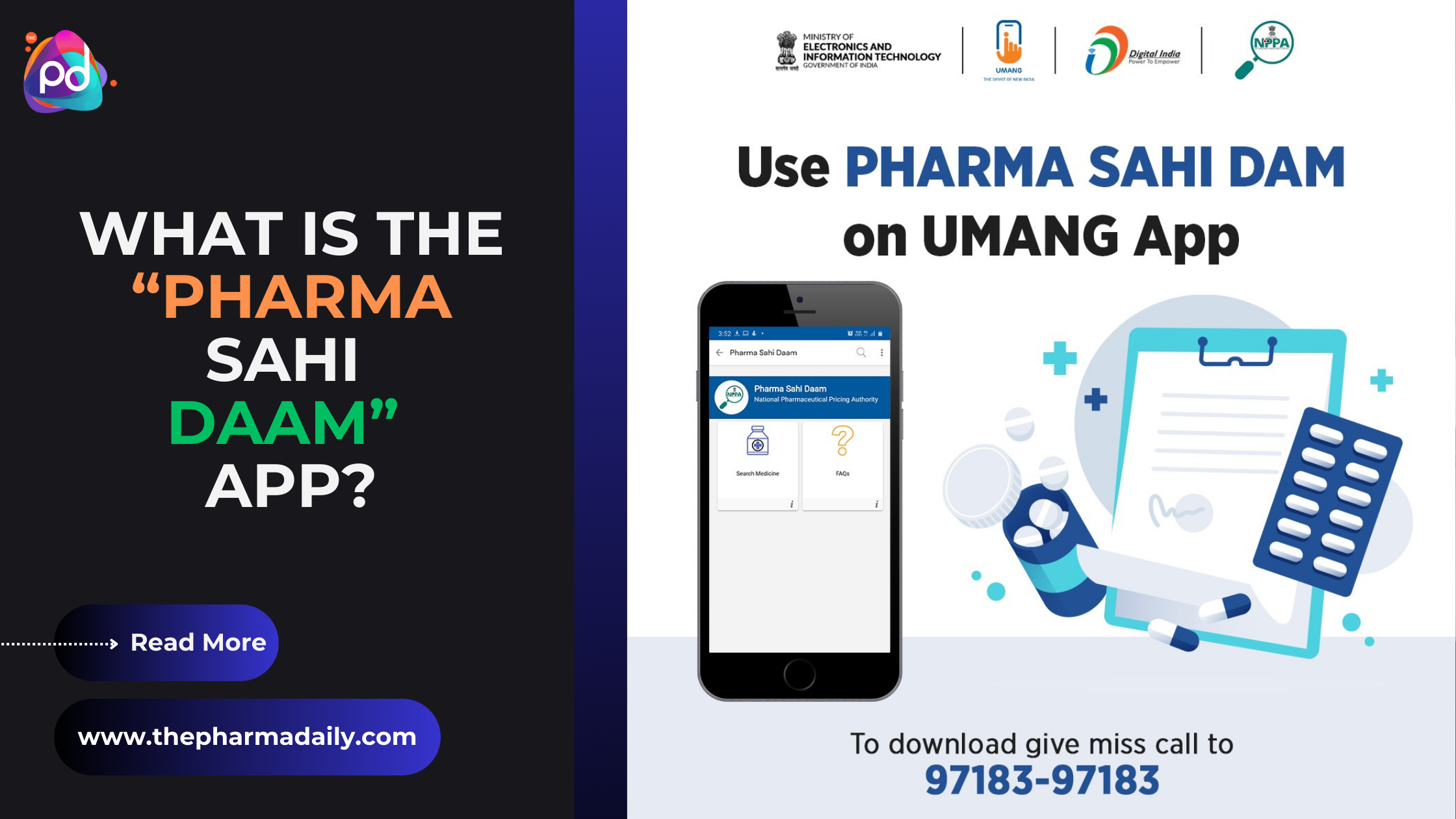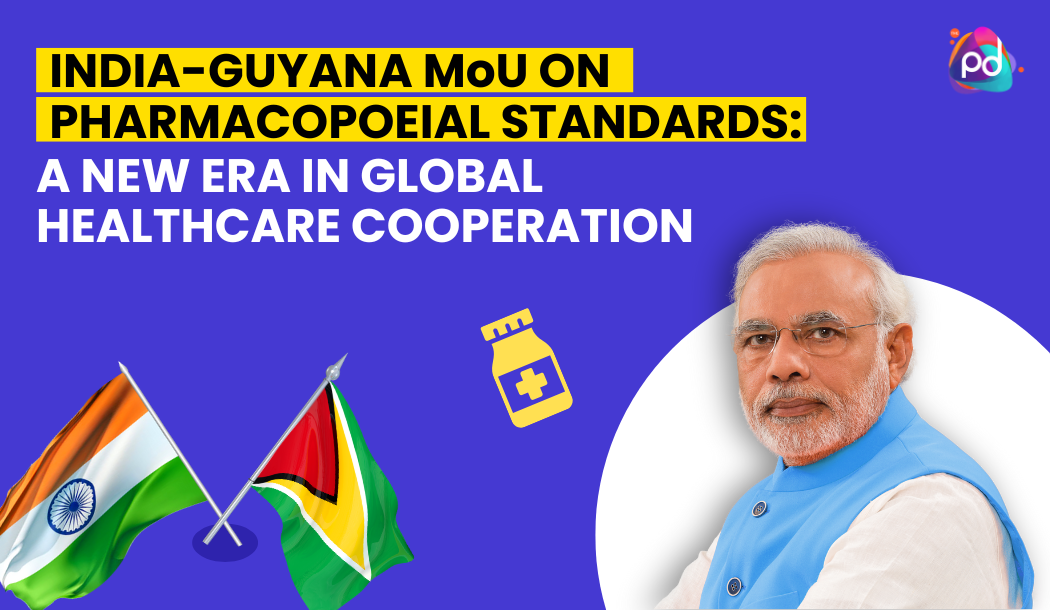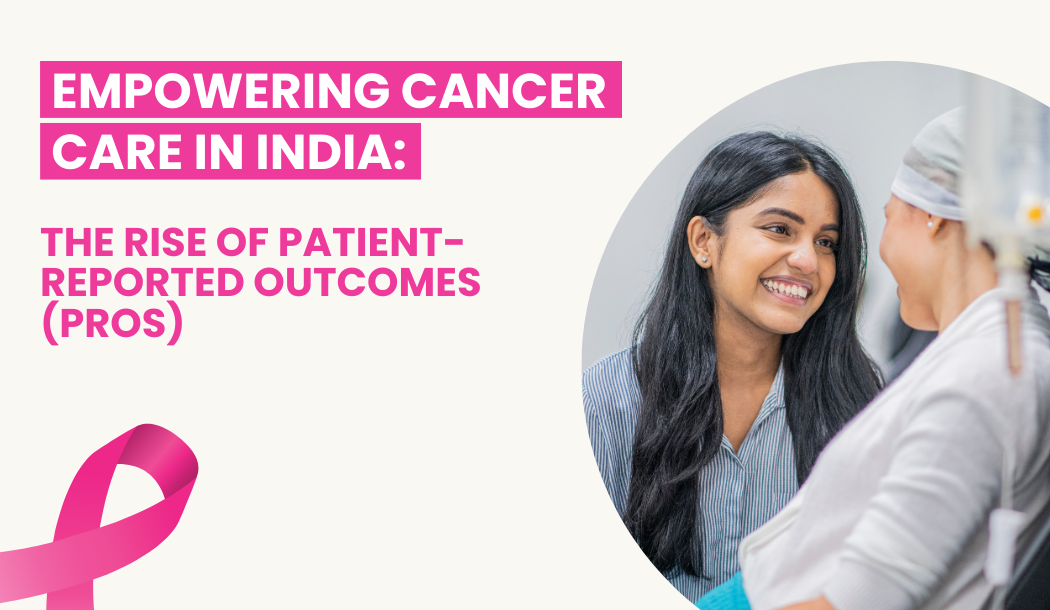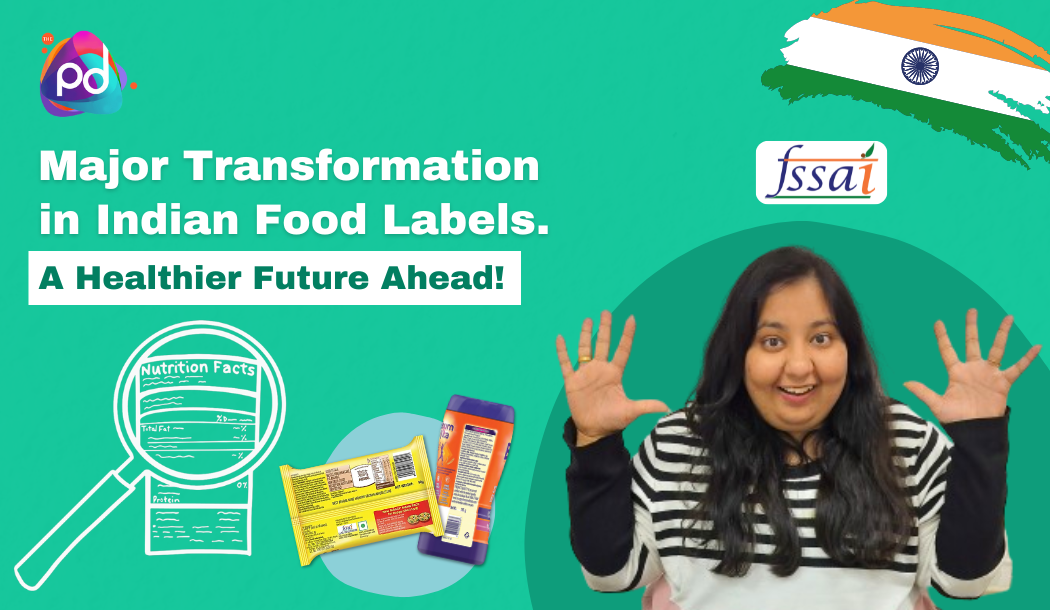Pharma Sahi Daam App: Revolutionizing Medicine Price Transparency in India
Streamline Your Professional Profile: What to Delete from Your CV
In the competitive landscape of the market and the various industries, where innovation, precision, and expertise are paramount, your CV must reflect your professional persona accurately and compellingly. However, many candidates inadvertently clutter their CVs with outdated, irrelevant, or unnecessary information, detracting from their core qualifications and skills. The Pharma Daily guides you through essential edits to refine your CV, ensuring it stands out for all the right reasons.
1. Personal Information That's Not Job-Related
Marital Status & Date of Birth: These details, while personal, have no bearing on your ability to perform in a pharmaceutical role. Including such information could inadvertently lead to bias, and in many regions, employers are discouraged or even prohibited from asking about this information.
2. Educational Overload
High School and Primary Details Post-College: Once you've attended college or university, your higher education degrees become the focus. Detailed listings of your earlier education can make your CV appear unfocused and unnecessarily lengthy. Concentrate on post-secondary education, especially courses and qualifications relevant to the pharmaceutical field.
3. Religious Affiliation
Your Religion: Like marital status and date of birth, including your religion is not advisable. It's irrelevant to your job performance and could introduce bias into the recruitment process. Focus on professional skills, experiences, and accomplishments.
4. The Personal Touch That Doesn't Add Value
Hobbies: While personal interests can sometimes provide a talking point in interviews, they generally do not influence the hiring decision unless directly relevant to the job. For instance, mentioning travel as a hobby is unnecessary unless applying for roles where it's a significant component, like positions requiring extensive travel or expertise in global markets.
5. Experience That Doesn't Align
Irrelevant Work Experience: Tailoring your CV to the role means highlighting experiences that demonstrate your qualifications and fit for the position. For example, if you're applying for a job in nutrition within the pharmaceutical industry, focus on relevant experiences that showcase your expertise in this area. Sales experience, unless directly related to pharmaceutical sales or where you can demonstrate transferable skills, should be omitted or minimized.
6. Long Paragraphs and Dense Text
Embrace White Space: Avoid long paragraphs and dense blocks of text. Use bullet points to list achievements and skills, making your CV easier to read and more visually appealing.
7. Outdated or Irrelevant Information
Remove Outdated Technologies: The pharmaceutical field is rapidly evolving, with new technologies constantly emerging. Delete any references to outdated software or techniques that are no longer used in the industry. Instead, highlight your proficiency with current technologies and your ability to adapt to new tools and methods.
8. Generic and Overused Phrases
Avoid Clichés: Terms like "hardworking," "team player," and "self-motivated" are overused and vague. Replace these with specific examples that demonstrate these qualities, such as achievements in collaborative projects or initiatives you've led successfully.
9. Non-Professional Email Addresses
Professionalize Your Contact Information: Ensure your email address is professional and simple, ideally comprising your name. Quirky or outdated email providers can make a poor impression.
10. Non-Professional Email Addresses
Professionalize Your Contact Information: Ensure your email address is professional and simple, ideally comprising your name. Quirky or outdated email providers can make a poor impression.
The Impact of Overstuffing Your CV
Filling your CV with unnecessary information might seem like a way to impress potential employers with your breadth of experience or personal interests, but it often has the opposite effect. Recruiters and hiring managers in the pharmaceutical industry look for precision, relevance, and clarity. A CV overstuffed with irrelevant information can obscure your most pertinent qualifications, making it harder for employers to see your true value.
Conclusion
In the fast-paced and highly specialized pharmaceutical sector, your CV is a critical tool in your job search arsenal. By removing non-essential personal information, outdated educational details, irrelevant work experiences, and hobbies that don't pertain to the job, you can craft a concise, focused CV that highlights your most relevant qualifications and achievements. Remember, the goal is to present yourself as the ideal candidate for the pharmaceutical role you're applying for, not to provide an exhaustive account of your life history.












